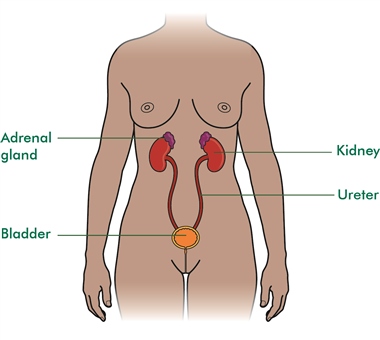This blog, written by our information development nurse Teri, marks Cervical Cancer Prevention Week by explaining what cervical screening is and why it is important.
Many people would prefer to avoid going to their GP or health clinic. It can be difficult for some to take up the offer of a health screening test, particularly cervical screening, as the thought of it can feel embarrassing. If you are put off going for cervical…







